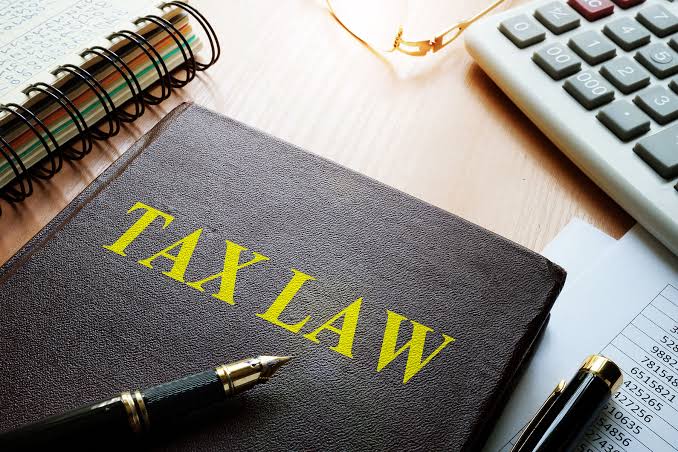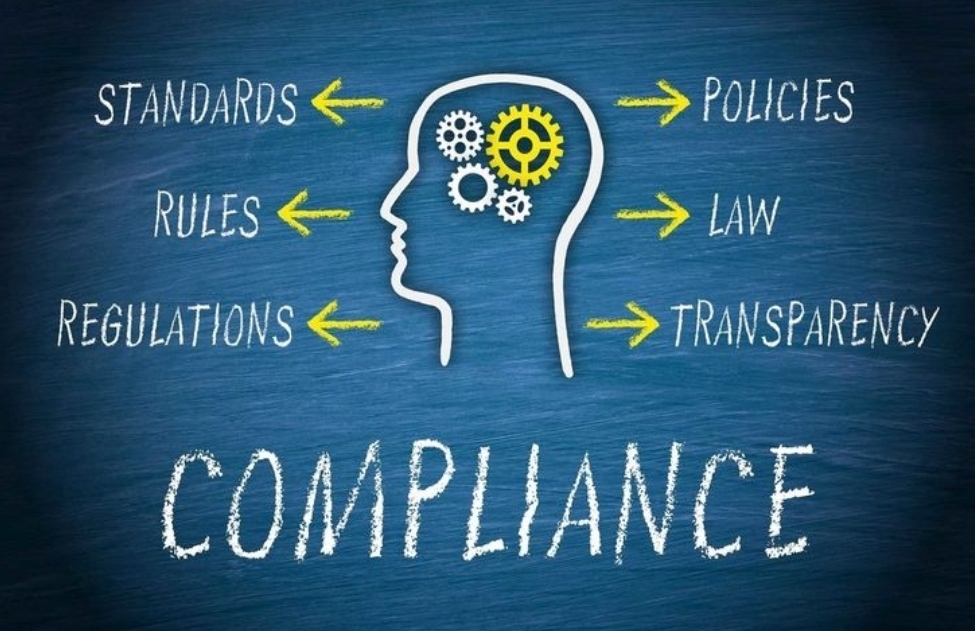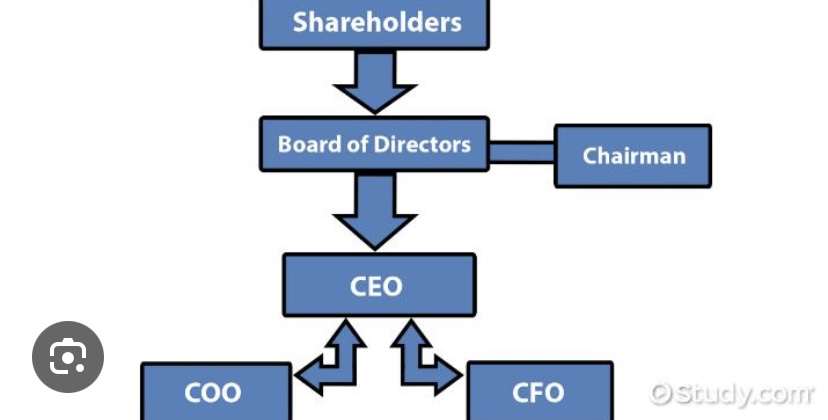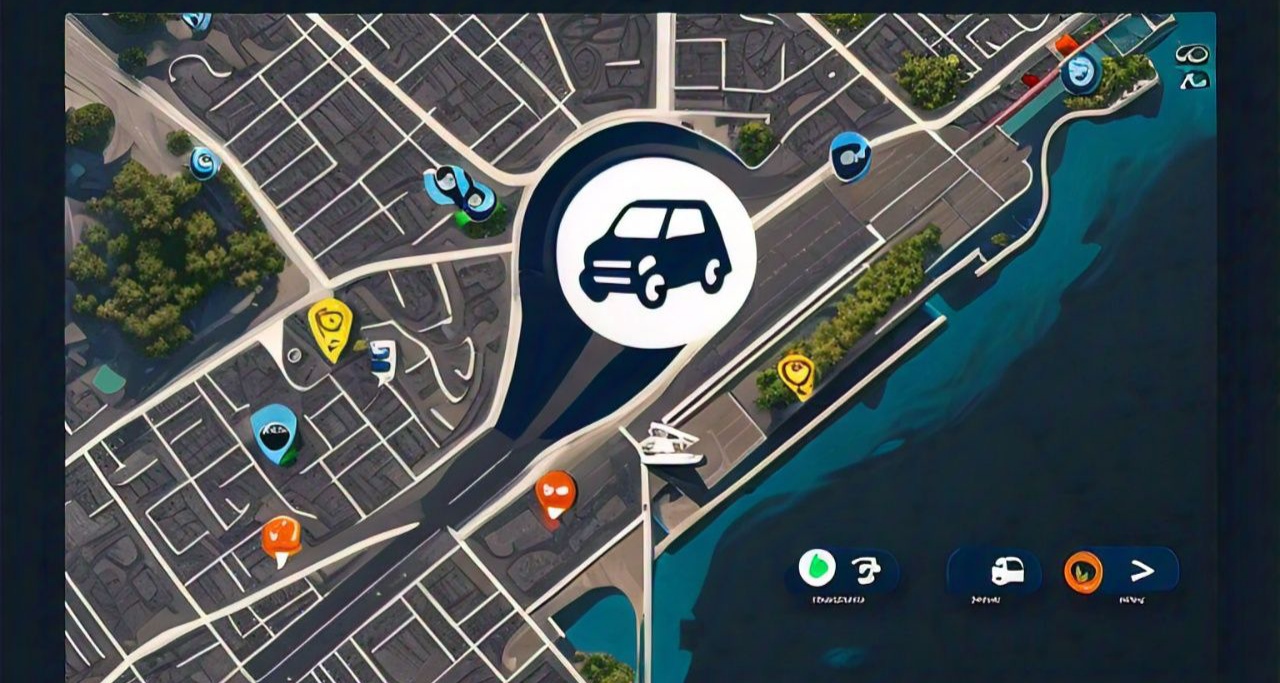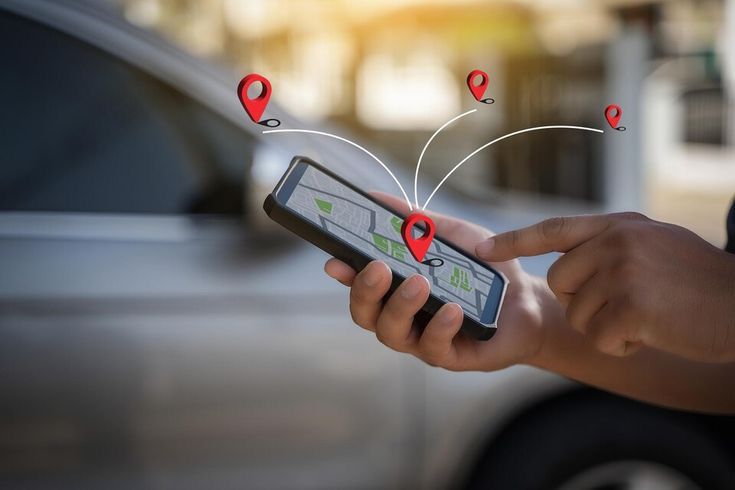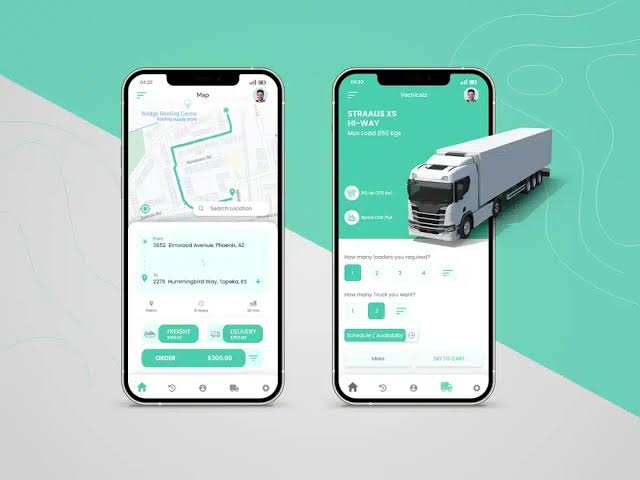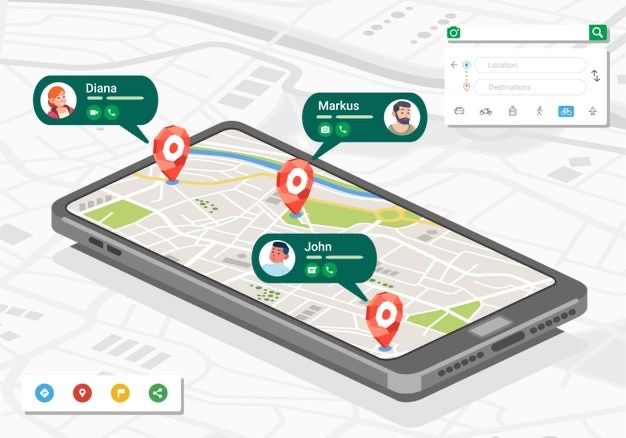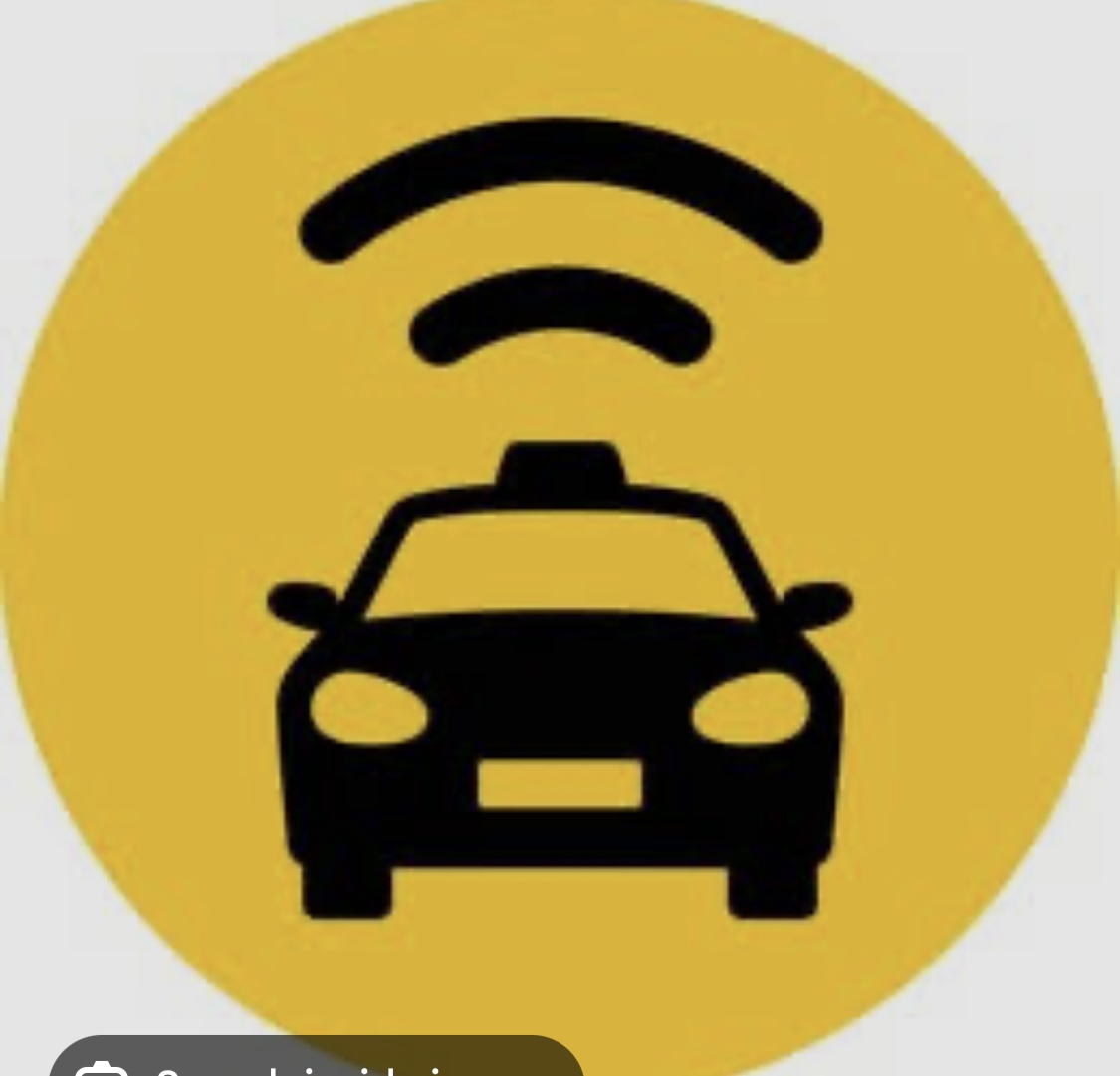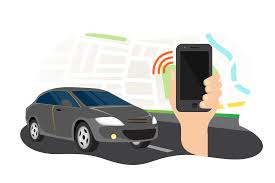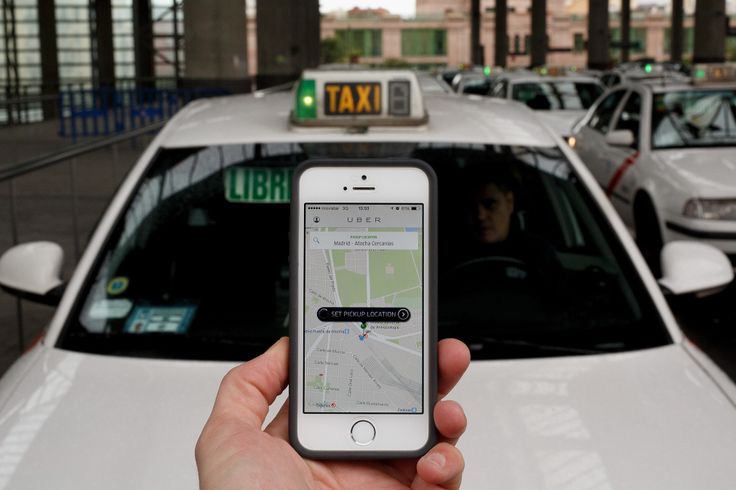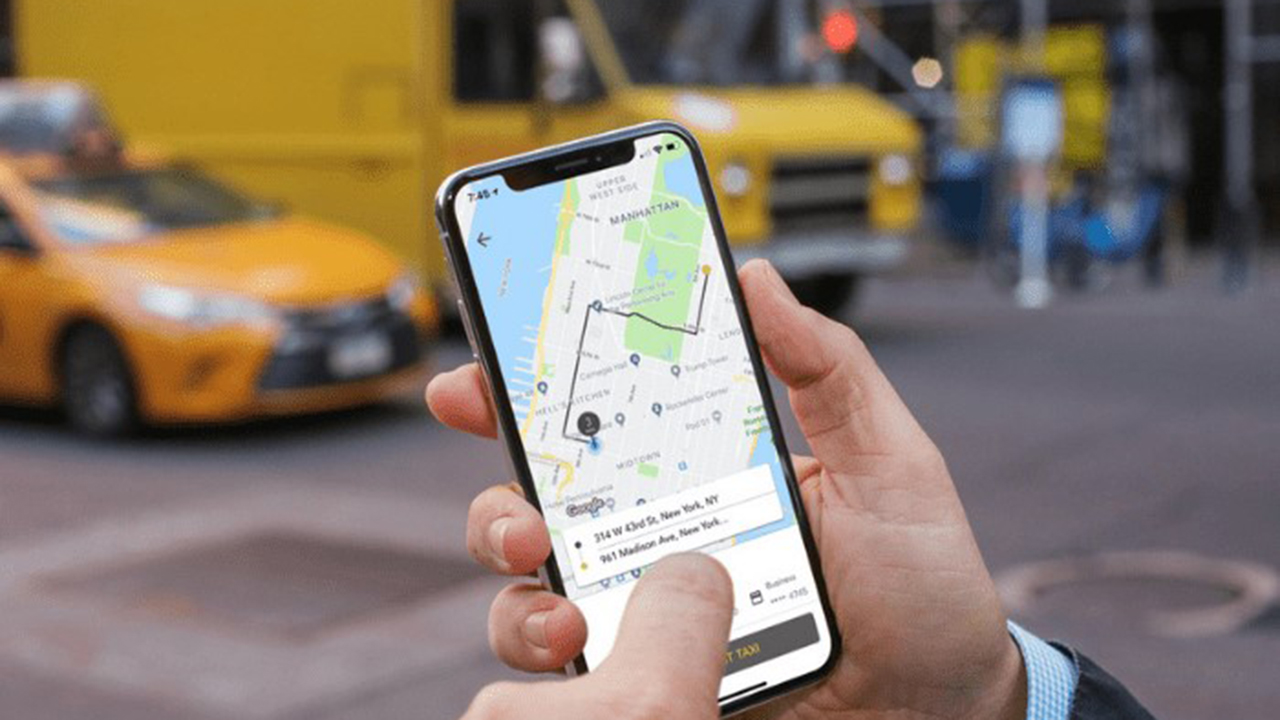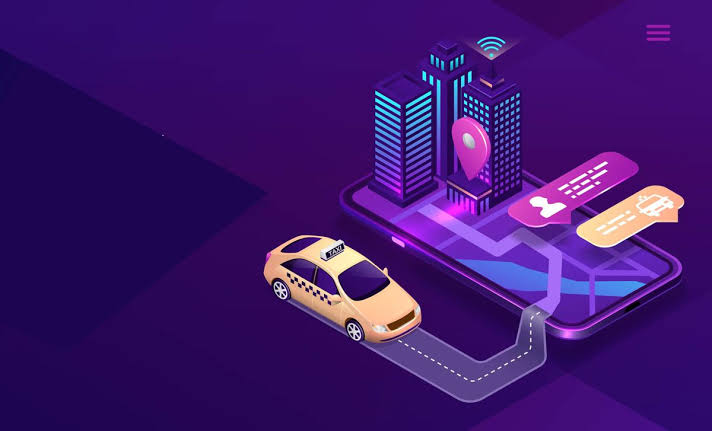
Transportation is an important aspect of our daily lives, from conveying us to where we need to be to bringing the goods we love and need to survive. With this, the rise of e-hailing services like Bolt and Uber, among others, has transformed how we move. This piece explores what it takes to set up an e-hailing service that connects drivers to users, with some considerations based on what is obtainable in Lagos.
Business Structure
A business structure is the legal organization of a business. It defines tax obligations, how profits and losses are shared, and outlines continuity and succession plans, among other aspects. Every business needs a clear structure, and an e-hailing service is no exception. Common business structures include sole proprietorship, partnership, corporation, and limited liability company (LLC). For an e-hailing service, the LLC structure is particularly advantageous.An LLC provides better access to investors due to its flexible ownership structure and the protection it offers to personal assets of its members from company liabilities and debts. This protection makes it more appealing to investors. Additionally, the LLC structure supports scalability, as it allows for easier transfer of ownership and can accommodate a growing number of shareholders, facilitating business expansion.
Legal Requirements
There are several legal requirements an e-hailing service must comply with.
- Registration with the Corporate Affairs Commission (CAC): The company must be registered with the CAC. Registration fees vary depending on the proposed company's minimum issued share capital—the minimum amount of share capital the company intends to issue. A company with a higher share capital will pay a higher registration fee and vice versa. The general mandatory minimum share capital for a limited liability company is one million naira.
- Data Protection: The company must comply with the provisions of the National Data Protection Act to ensure customer data is handled responsibly. One such requirement is that personal data should be collected and processed only for specified purposes, as outlined in Section 24(B) of the National Data Protection Act.
- Driver Documentation: The company must ensure that all drivers have valid documentation. In Lagos, for instance, drivers must be at least 21 years old, possess a valid driver's license, hold an annual certificate of competence issued by companies operating e-hailing taxi businesses, and have a driver's badge. Without this badge, individuals are not permitted to act as licensed drivers.
Protection of Intellectual Property The intellectual property of an e-hailing service includes the logo, brand name, slogan or catchphrase, the mobile app, and the business model. To protect these elements, the company must register the logo, catchphrase, and mobile app (if it introduces any innovation in the e-hailing service sector) with the Trademarks, Patents, and Designs Registry. Additionally, the business model, if it offers a competitive advantage, can be protected as a trade secret.
Potential Challenges
1. Competition: Established e-hailing services may pose a challenge, as customers are more likely to use a service from a company that has already been tested and trusted. This may result in reluctance to switch to a new company.
2. Government Regulations: Government policies can also present challenges. For instance, in Lagos, e-hailing companies are required to provide the Lagos State Ministry of Transport with access to their database. This could lead to a conflict with data protection laws, as personal data of customers might be exposed, putting the company at risk of non-compliance with data protection requirements.
Licenses and Permits
The necessary licenses and permits depend on whether the company operates as a service entity or a taxi and app operator. A service entity is a platform that connects users with drivers, while a taxi and app operator owns and operates both the vehicles and the hailing platform. Since this company focuses on connecting users with drivers, the relevant permit is the Service Entity Permit.
- Service Entity Permit: To obtain this permit, the company must apply for an operator's provisional license prior to beginning operations. The fee for one thousand units of e-hailing taxis is eight million naira. If the fleet exceeds one thousand units, the fee rises to twenty million naira. The license renewal fee is four million naira for one thousand units, and ten million naira for units above one thousand.
- Driver's Badge: In Lagos, all licensed drivers must possess a driver's badge issued by the licensing authority. To qualify for a badge, the driver must be at least twenty-one years old, hold a valid national driver’s license, and obtain a certificate of competence from the Lagos State Drivers' Institute.
References
Guidelines for Online Hailing Business Operation of Taxi in Lagos State, 2020
National Data Protection Act 2023
Templars Newsletter, August 26th, 2024
Adeola Kolawole, "Criteria For Creation Of E-hailing Businesses In Lagos State Nigeria", 2024.




